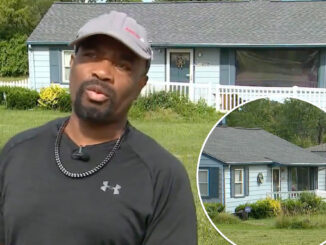
Chicago voters rejected the referendum on the so-called “mansion tax” designed to increase the real estate transfer tax on residential and commercial properties sold for $1 million and higher.
The Associated Press, citing a 98% return on ballots, reported the referendum was spurned by a 54% to 46% ratio. If the measure passed, it would have increased the real estate transfer tax rate to $10 for every $500 of a property sale price between $1 million and $1.5 million, while properties selling for more than $1.5 million would have seen the rate change to $15 for every $500 of the price. The current rate is a flat rate of $3.75 per every $500 of the price, and proposal would have also reduced the rate to $3 of every $500 for properties sold for under $1 million.
Chicago Mayor Brandon Johnson advocated for the referendum by stating the revenue raised in the tax increase would have financed the city’s efforts to help the homeless population. However, Chicago Southland Black Chamber of Commerce Chairman Cornel Darden argued the tax hike would have hurt Chicago’s Black residents.
“They make it a race thing and say, ‘We’re just going to tax the rich, white people and we’re going to help out everyone else,’ but it’s not just white people who own property just north of a million,” said Darden in an interview with the Black Chronicle News Service. “Our chamber members own property north of a million dollars,” Darden said.
Darden added the measure would have exacerbated Chicago’s housing problems.
“Home insecurity is a huge issue,” he said. “When the price of doing business as a landowner goes up, then the price of rent goes up. Whether you’re a business owner renting a storefront or you’re renting an apartment in Chicago.”
Earlier this month, an appeals court restored the referendum to the ballot after a circuit court decision voided its inclusion, arguing that the lower court lacked the jurisdiction to make that decision and could be seen as “interfering with the legislative process.”



